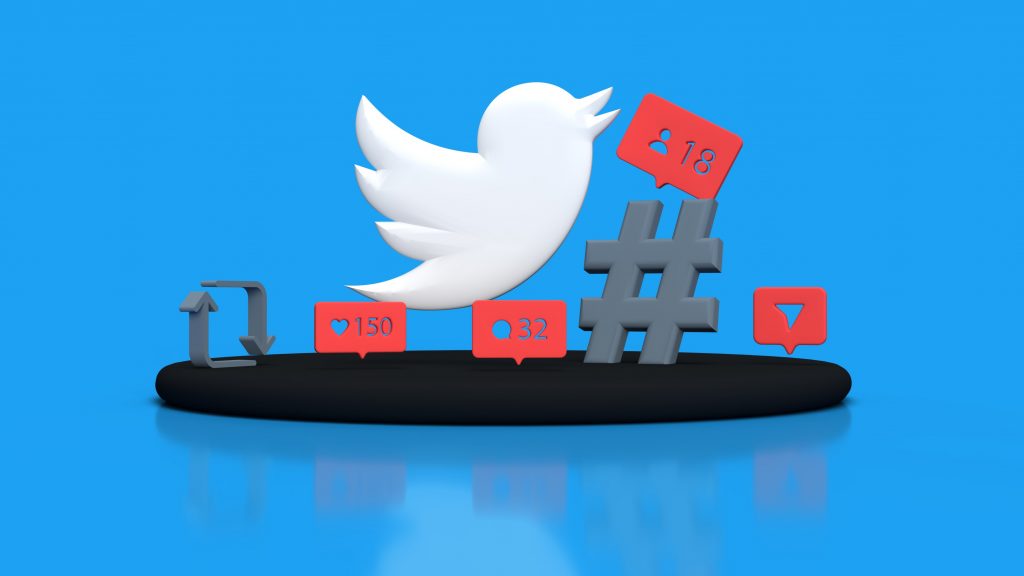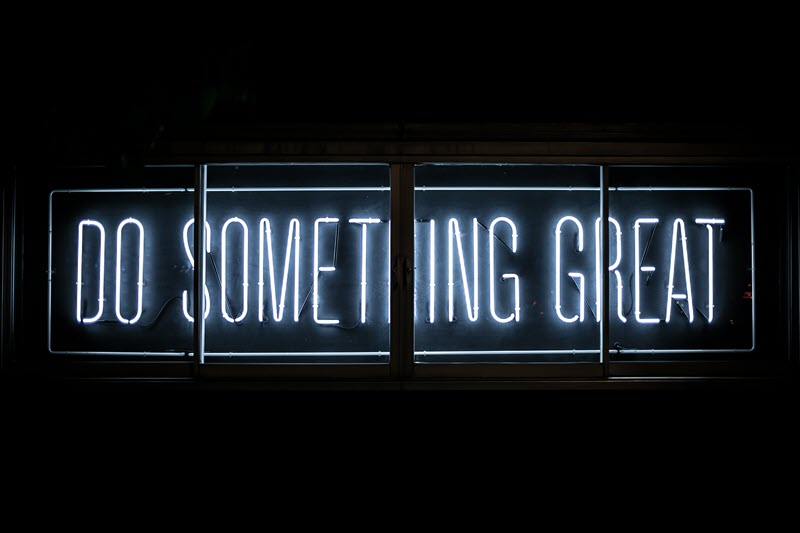We’re seeing some lifestyle and travel influencers being called to account for their foreign travels during a global pandemic. Many of us are in lockdown and even at the start of the pandemic people were beginning to tire of seeing aspirational posts from influencers when they were struggling to juggle kids and work.
The past year has seen influencers doing things like posting pictures of themselves breaking the rules and socialising when they had COVID-19 and defending international travel during a lockdown (and when called out about it, saying that people need to “be kind”). While others have pivoted their content to be more appropriate for the climate.
While most influencers remain professional and plan their content with empathy and understanding, others take a different view and want to stay “aspirational” – seeing their role as motivating the public.
Why does this matter for your brand? Because working with a professional influencer doesn’t just influence the success of your campaign, it makes it more likely that they won’t cause a reputational issue for your brand. So, what should you consider when looking for an influencer who will help, not hinder, your brand?
1. Can you work well with the influencer?
People can be influential but also be challenging to work with. On the other hand, an influencer could be great to work with, but their rise in influence has been so swift that they’re not too familiar with the way partnerships work – these people will need a lot more support.
Also, consider how the person would cope if a crisis sprang up around the campaign or your brand, and they were dragged into a social media backlash. Would you be able to support them through it while managing the crisis?
An influencer’s personal brand may be dynamic and exciting, but does that come with a greater risk of a reputational issue?
Get references from previous clients. What were they like to work with? Were they responsive? Did they need a lot of management? It’s especially useful to know if the influencer has worked through crises with brands before. How did they cope with the pressure?
By working with an influencer, you’re loaning out part of your brand’s reputation – and they are doing the same. Both parties need to be sure that the partnership has the best chance of working before they make a commitment.
2. Research the influencer’s audience
The importance of an influencer’s audience isn’t just about demographics. It’s about community. What’s the community vibe? Would they be likely to be receptive to your brand?
Does the community have a positive reputation on social media? I can think of some influential YouTubers and Twitch Streamers who have passionate fans, but the community’s reputation beyond that small section of the internet is negative due to toxic behaviour outside of official influencer channels. If you want to reach beyond that community, and avoid the risk of a serious reputational issue, it’s a good idea to get a feel for the people who support the influencer you’re about to start working with.
3. How influential are they really?
Influence isn’t about high follower numbers. While your aim may be exposure rather than click-throughs or purchases – follower be bought, and they can be bots. A more reliable guide on influence is whether an influencer’s followers engage with them, listen and sometimes act on what they recommend.
Seeing an influencer’s case studies is a great way to check how effective their work is, you should be able to see how many people saw the campaign content, if they engaged with it – and, ideally, if they went on to visit the brand site or buy.
Spend some time exploring the community. Are they supportive of the influencer, or are they critical? How much does the influencer engage with their audience? You’ll often see that the larger an influencer’s following gets, the less personal interaction they have with their community.
When working with influencers, it’s worth remembering that they are human and prone to make mistakes. They rarely have a team of people sharing their workload unless they’re a celebrity or a mega-influencer.
The most effective influencers may be the ones who have smaller followings that they can effectively engage with, but they will probably be the ones who need the most support from your brand.
–
Featured photo by Avi Richards on Unsplash








